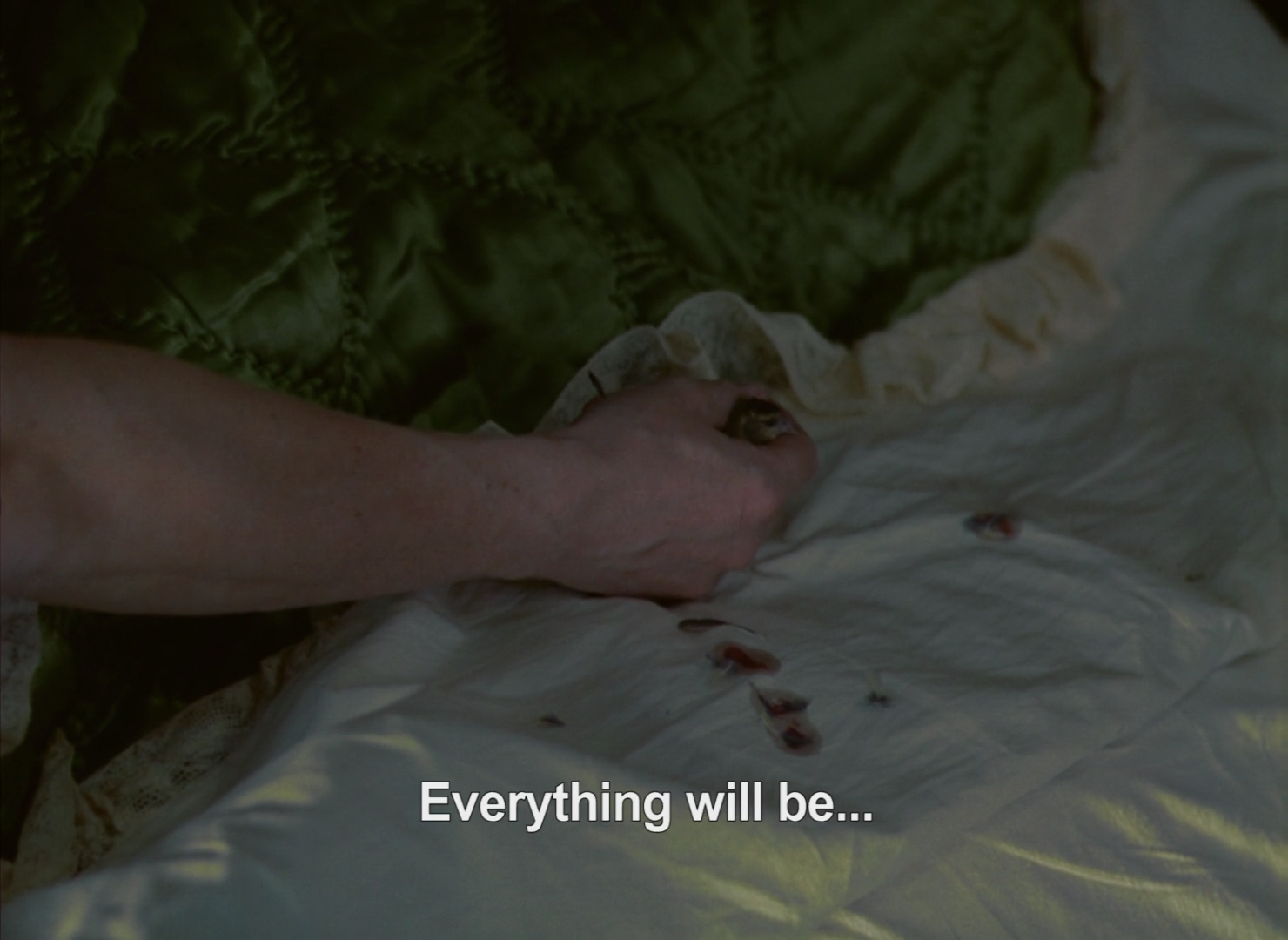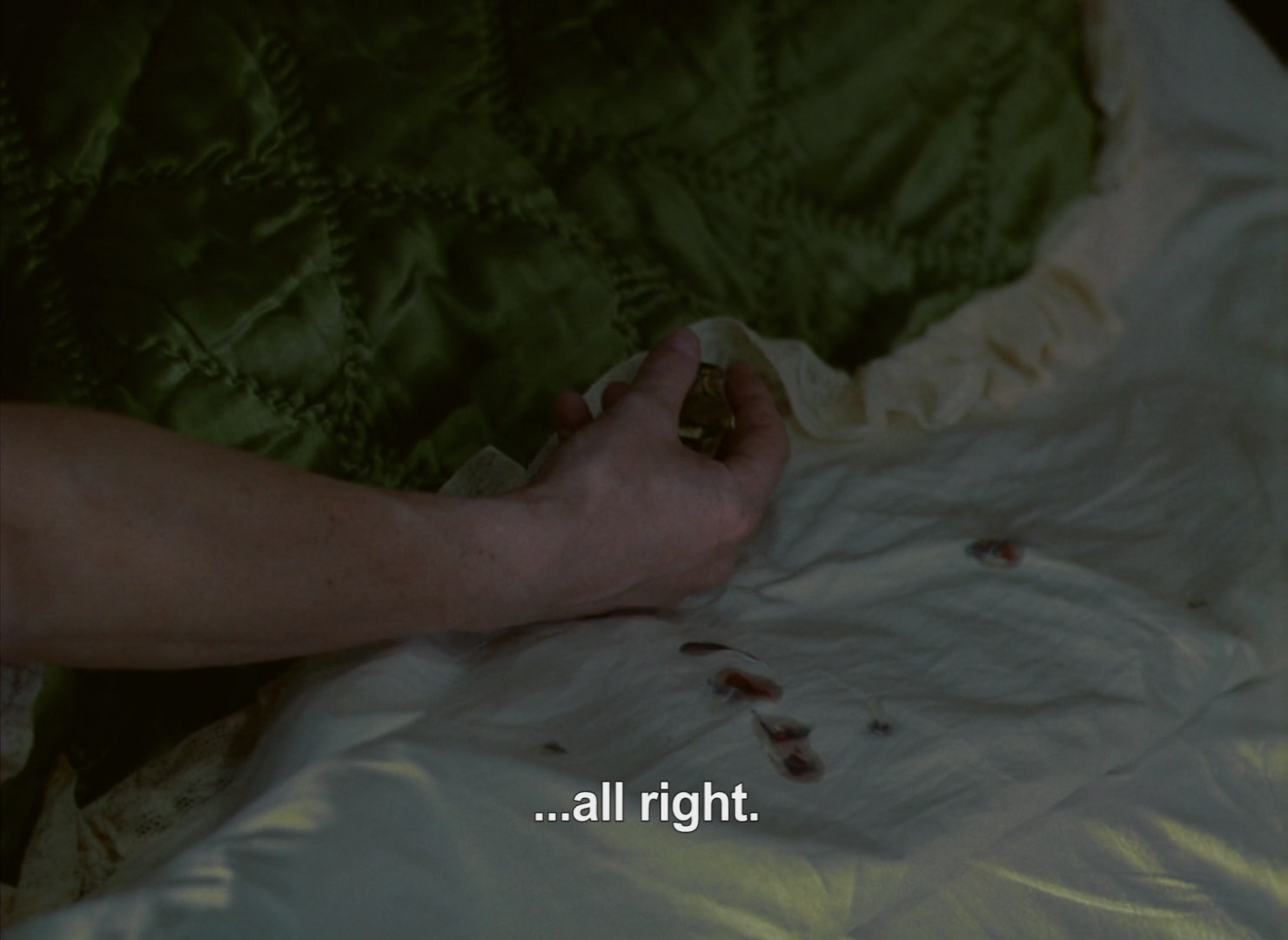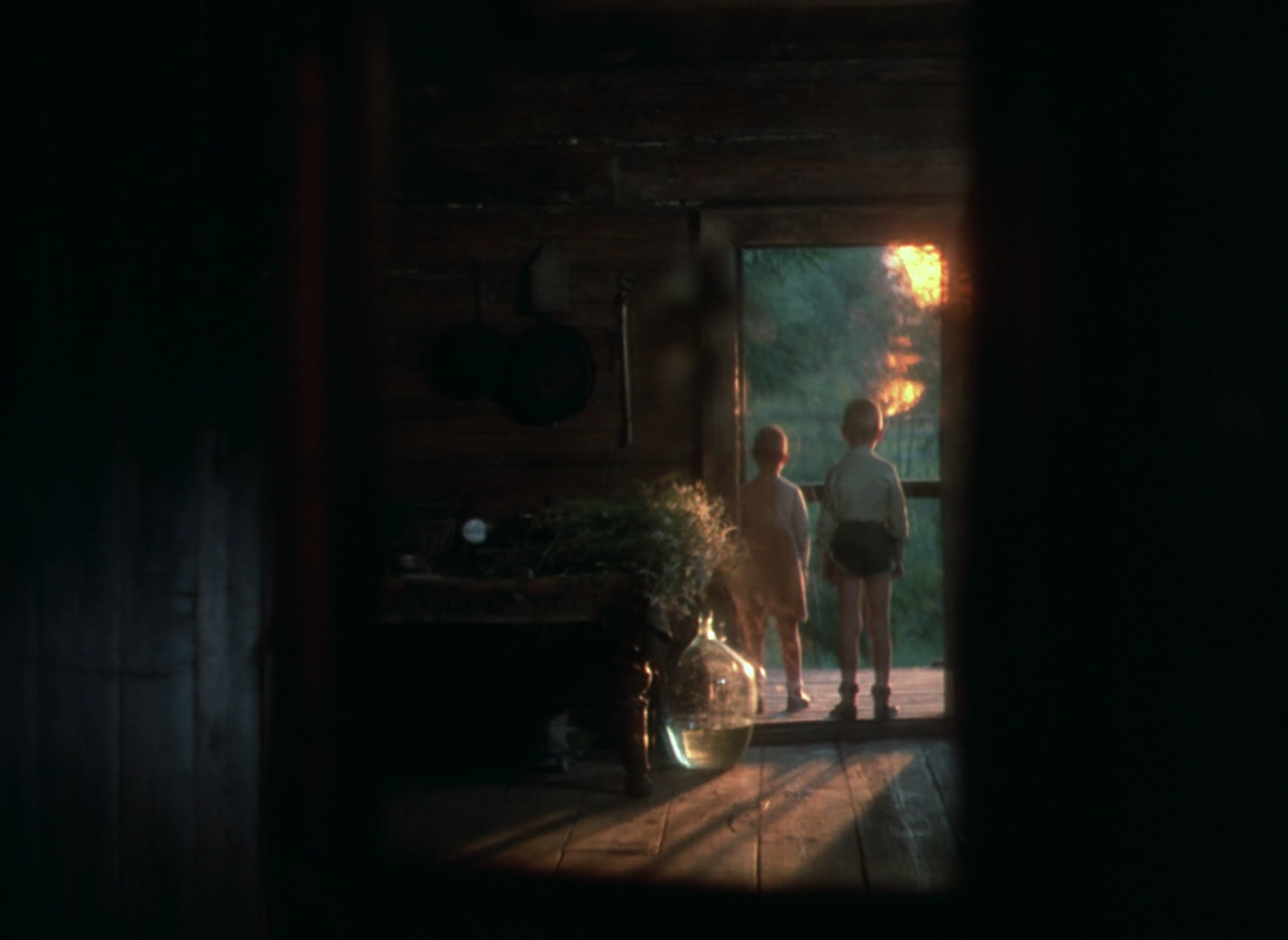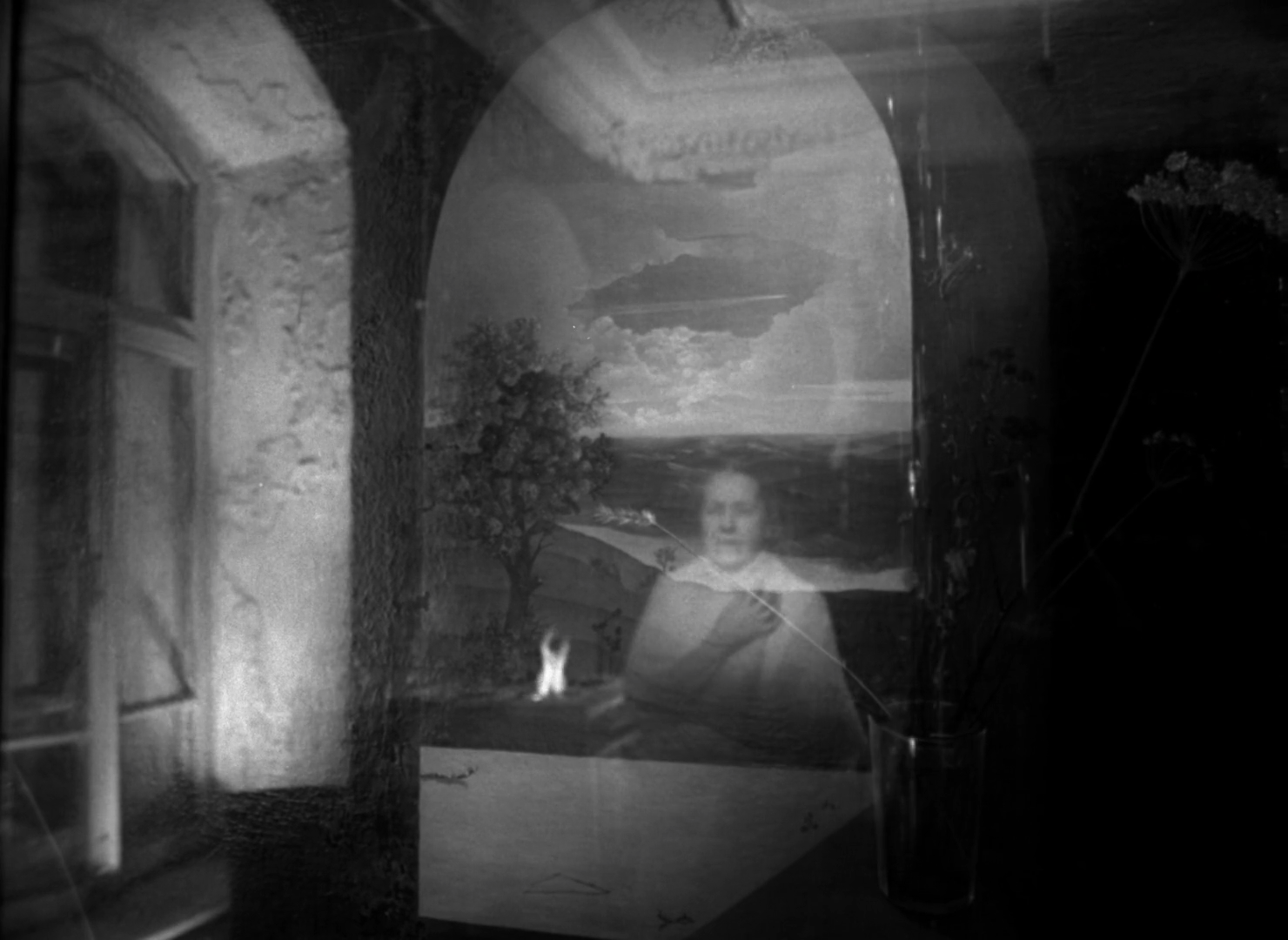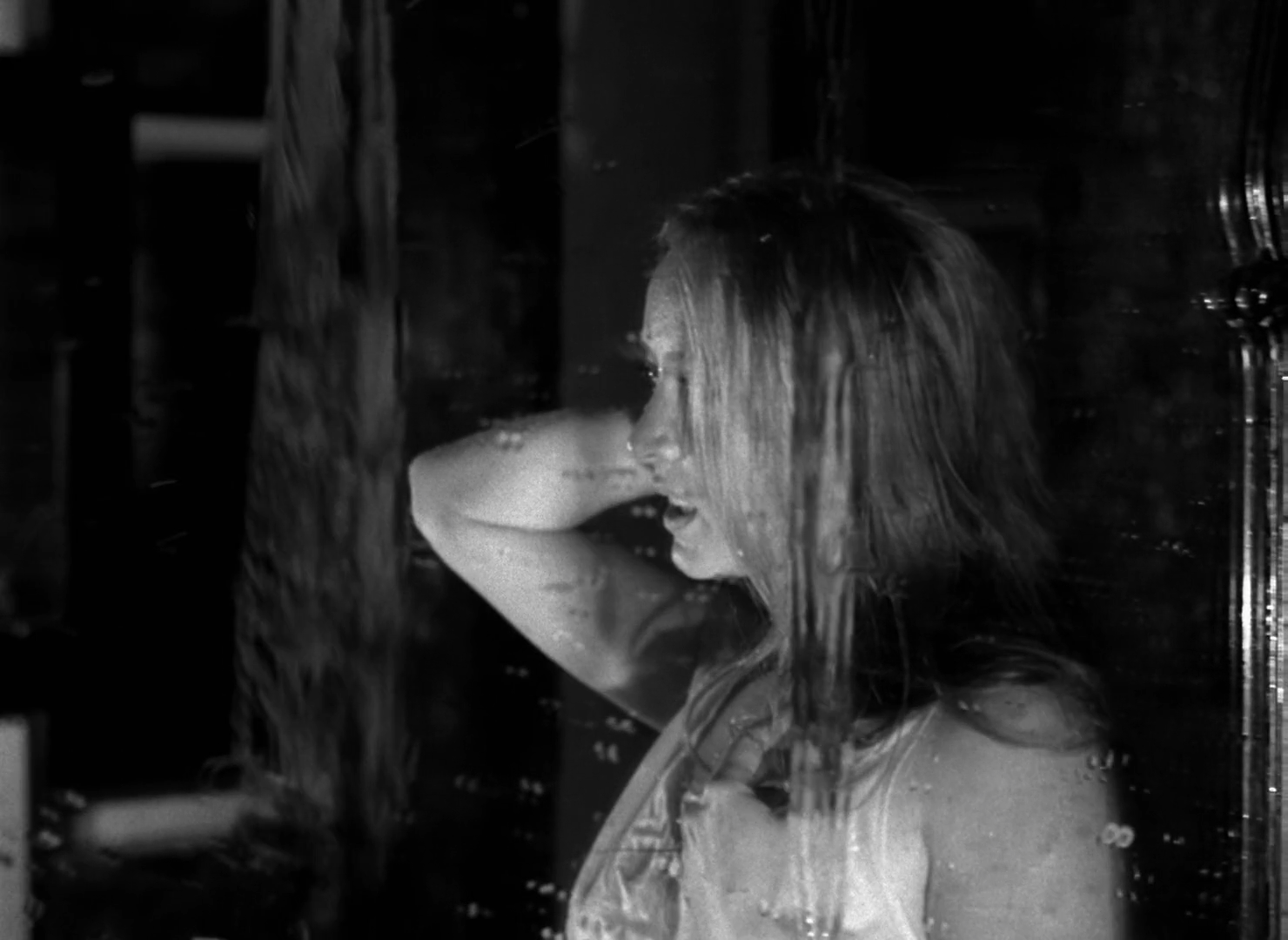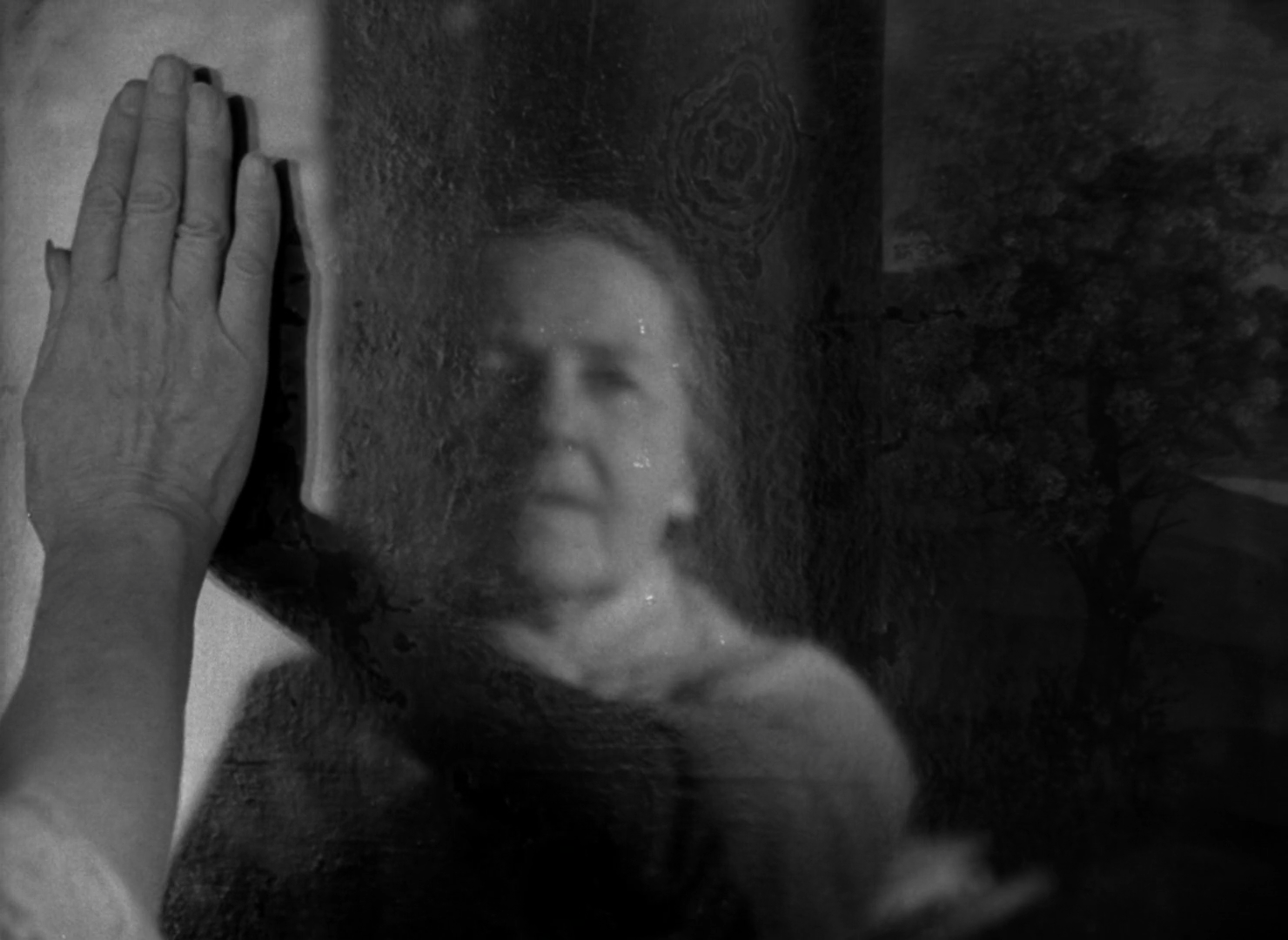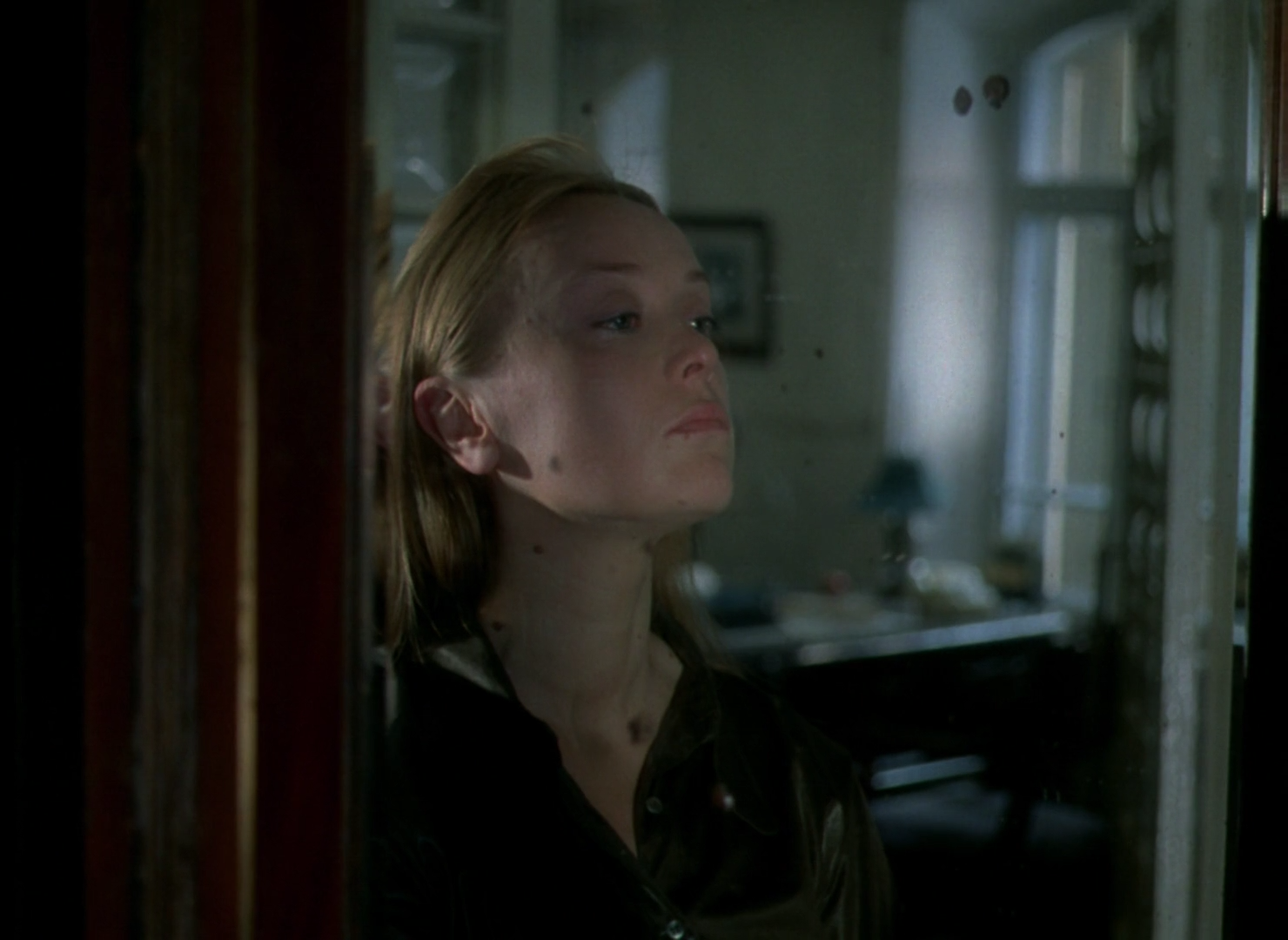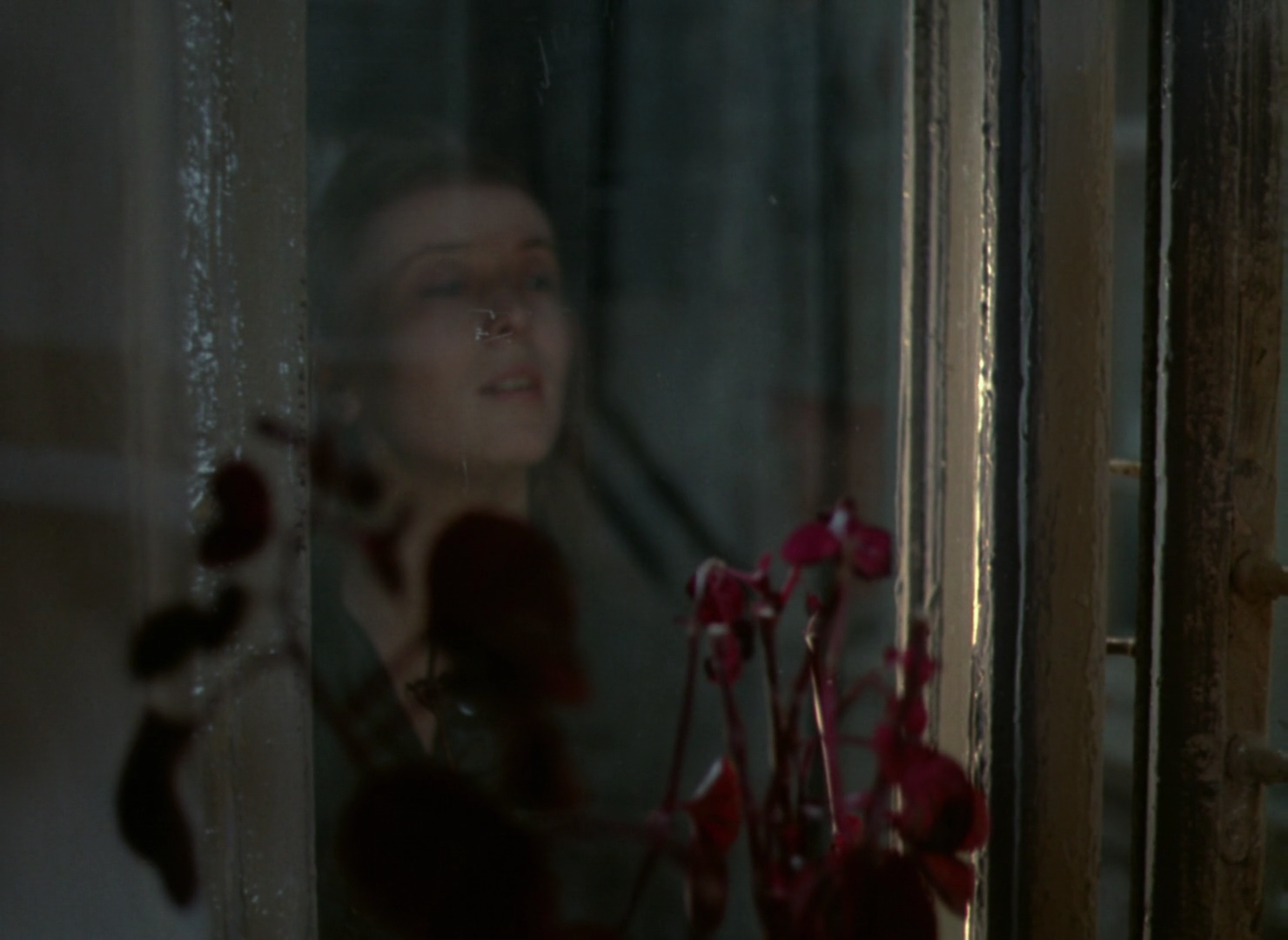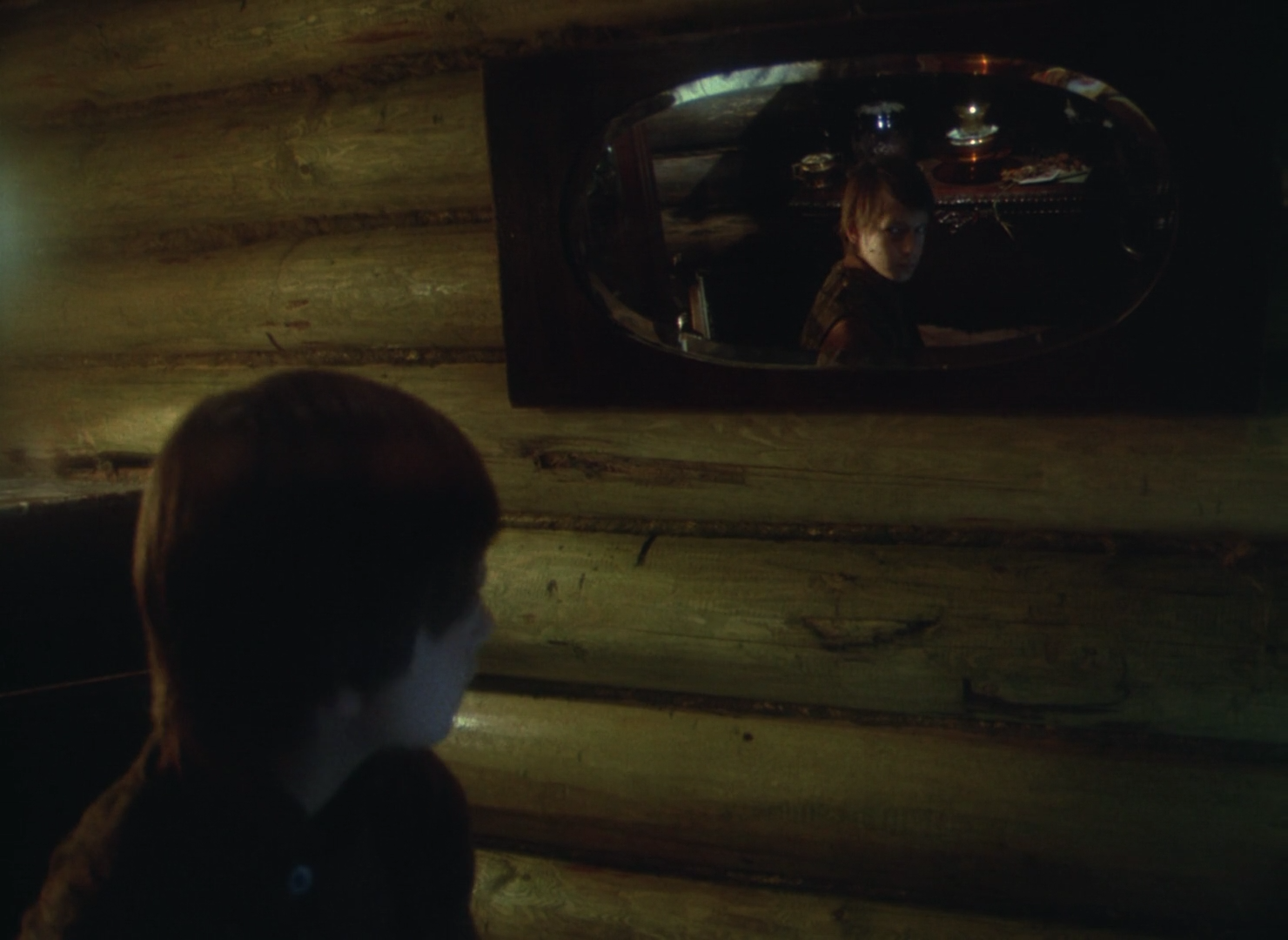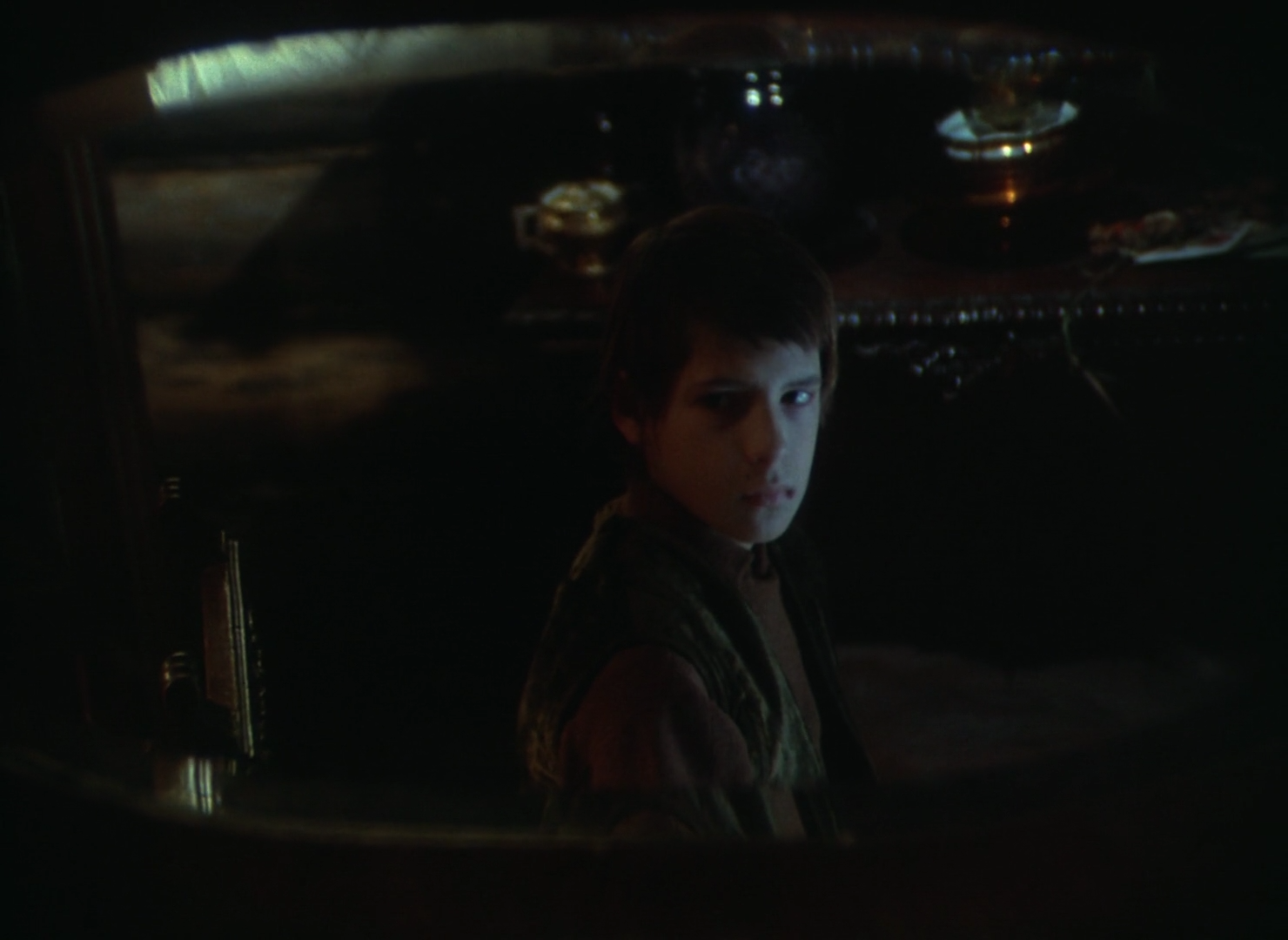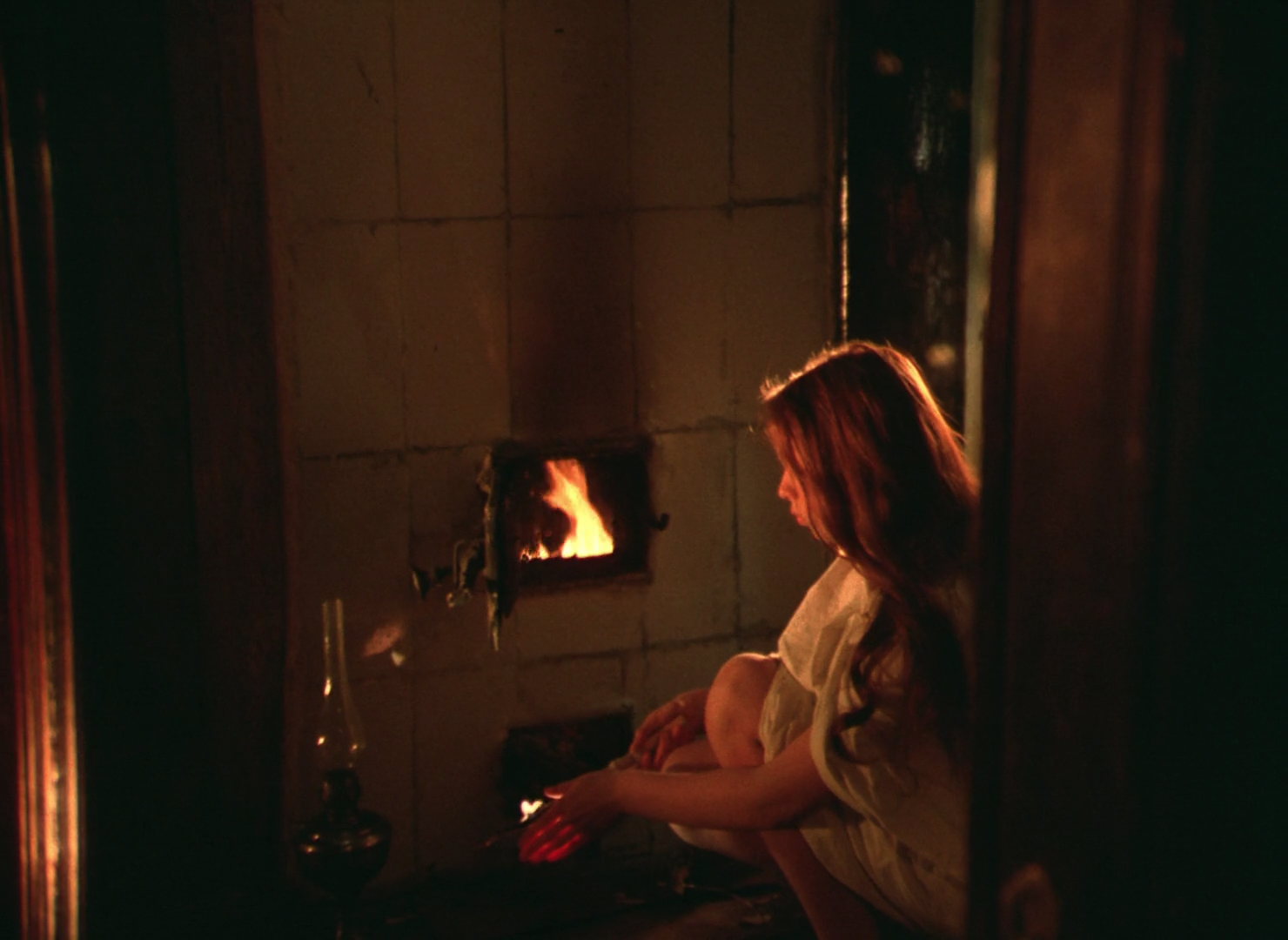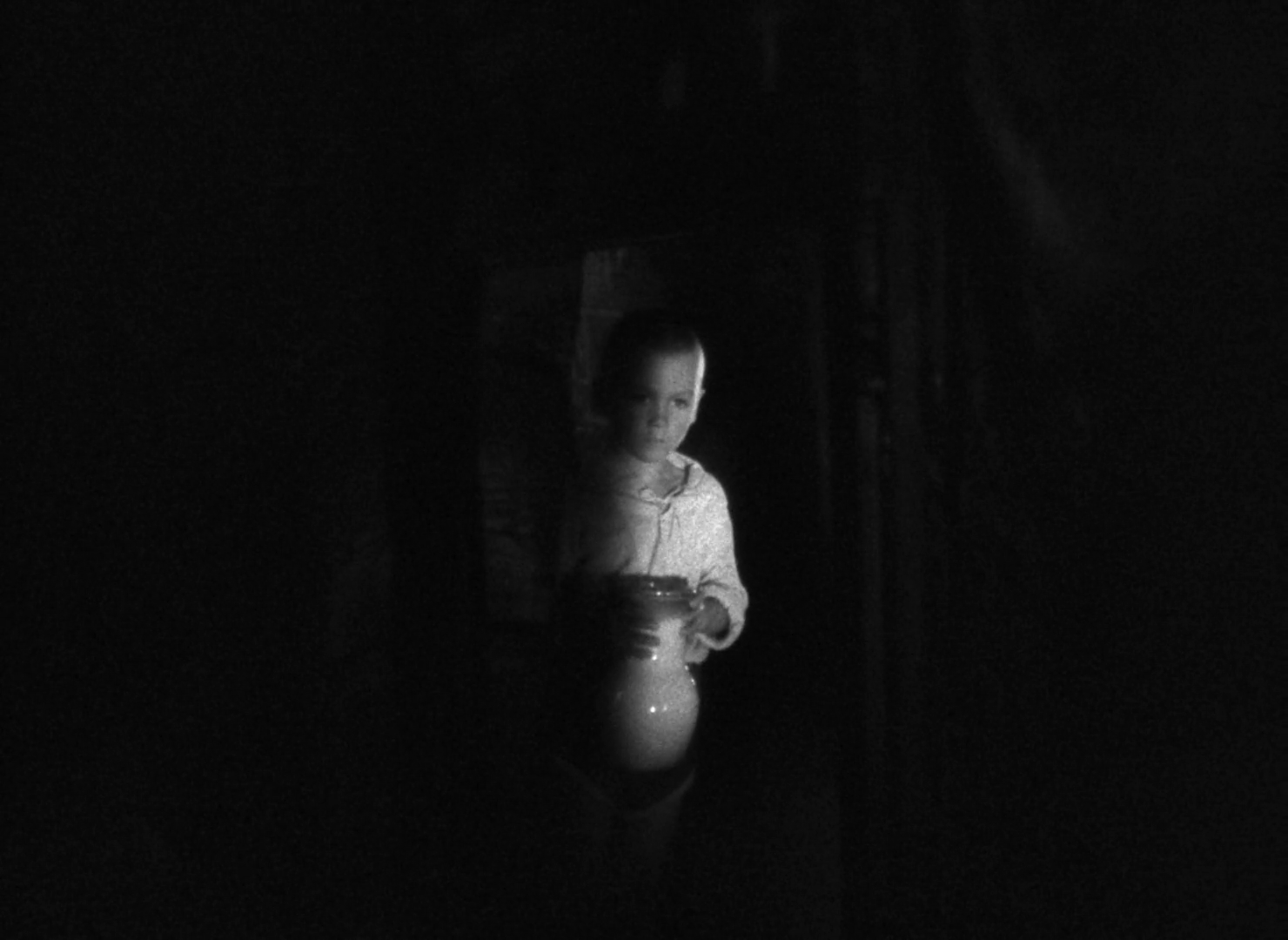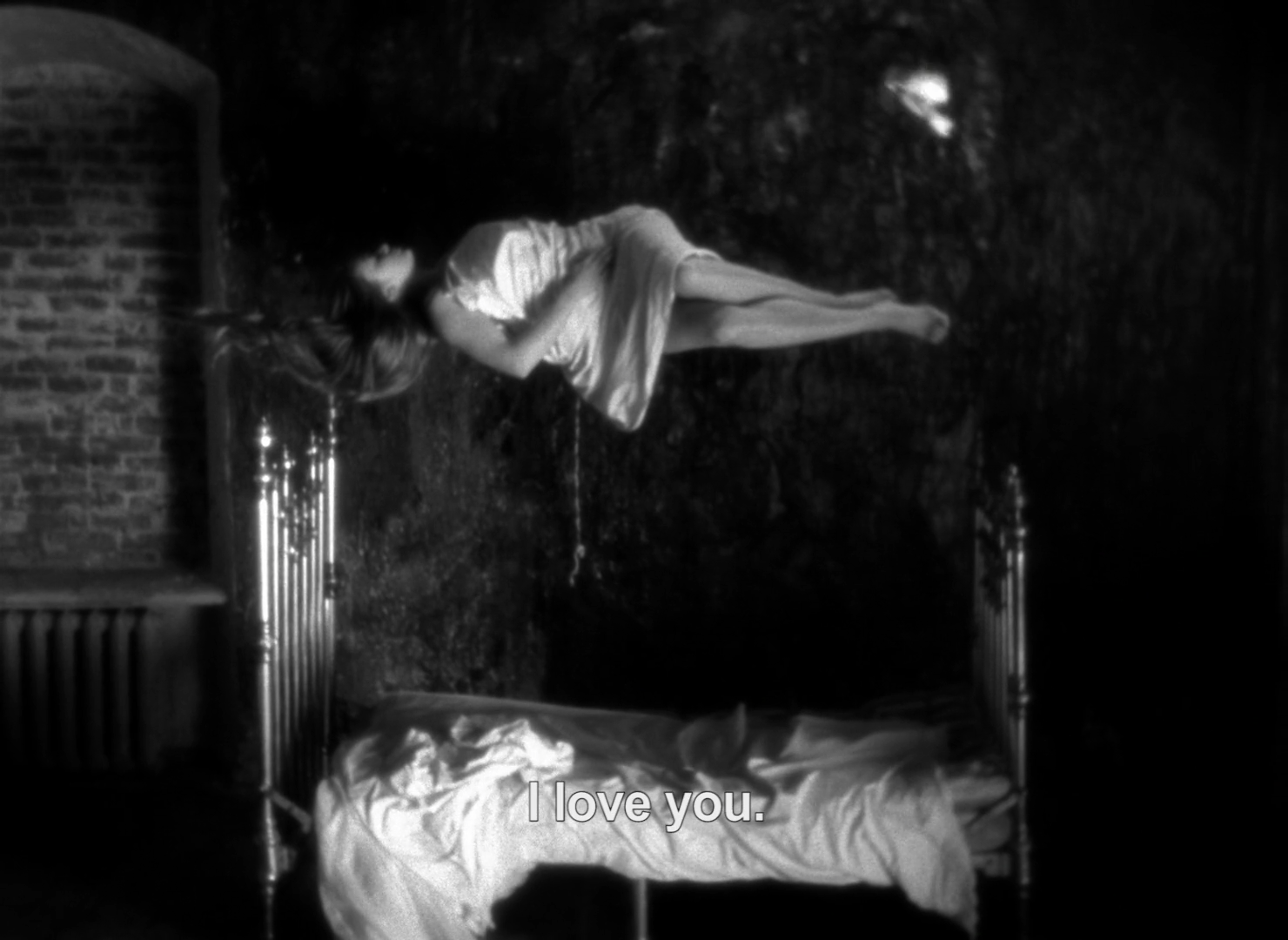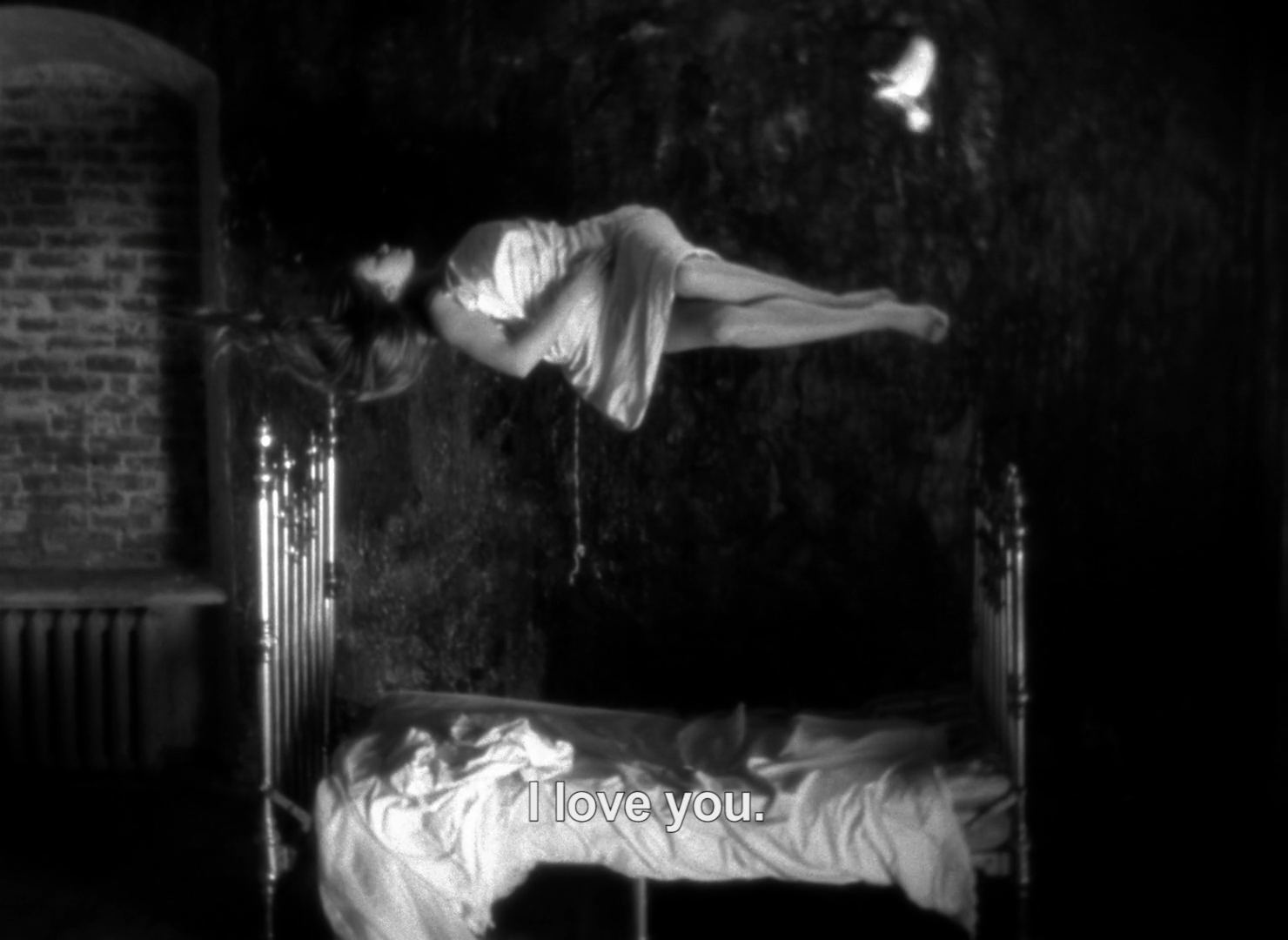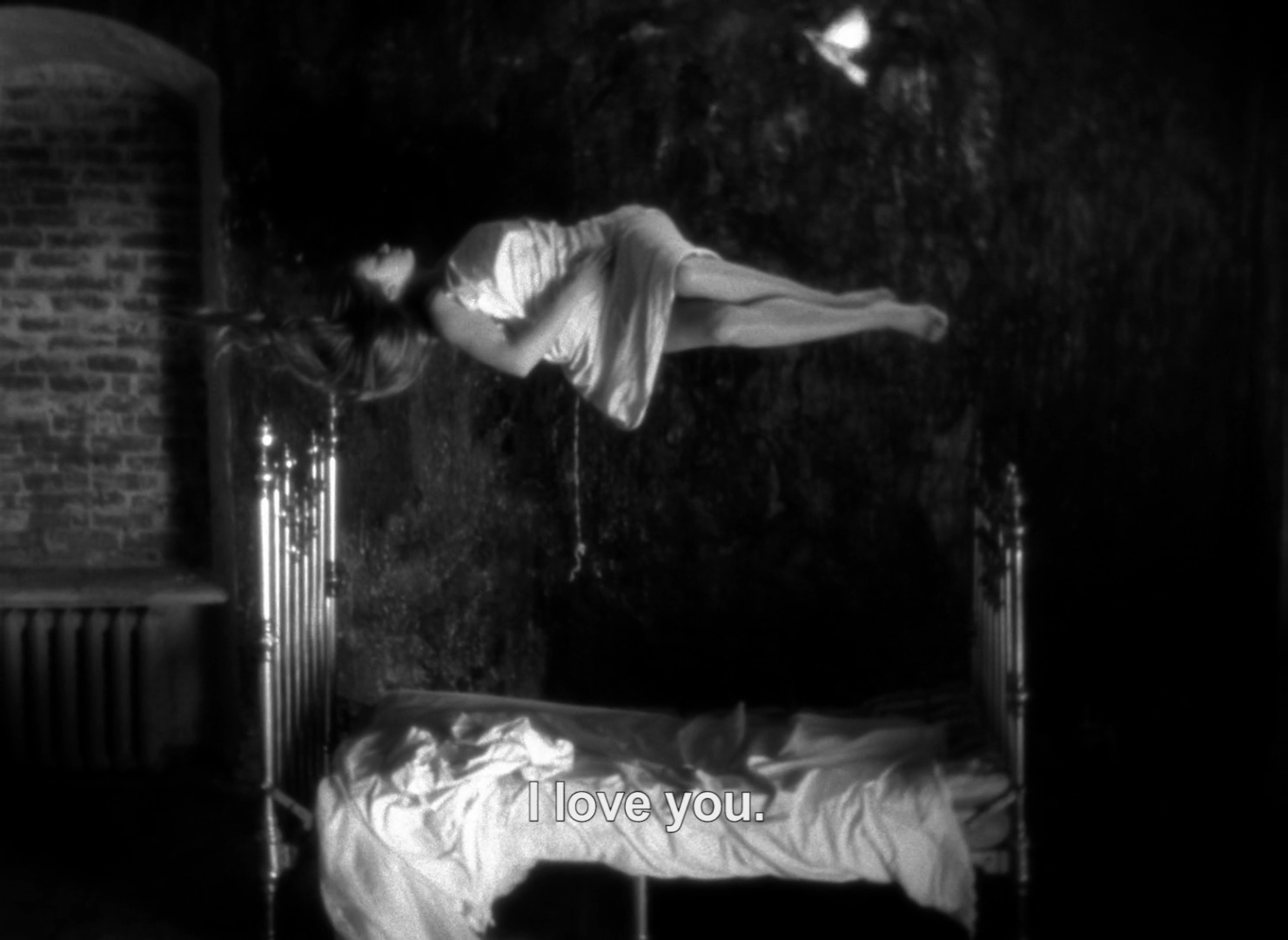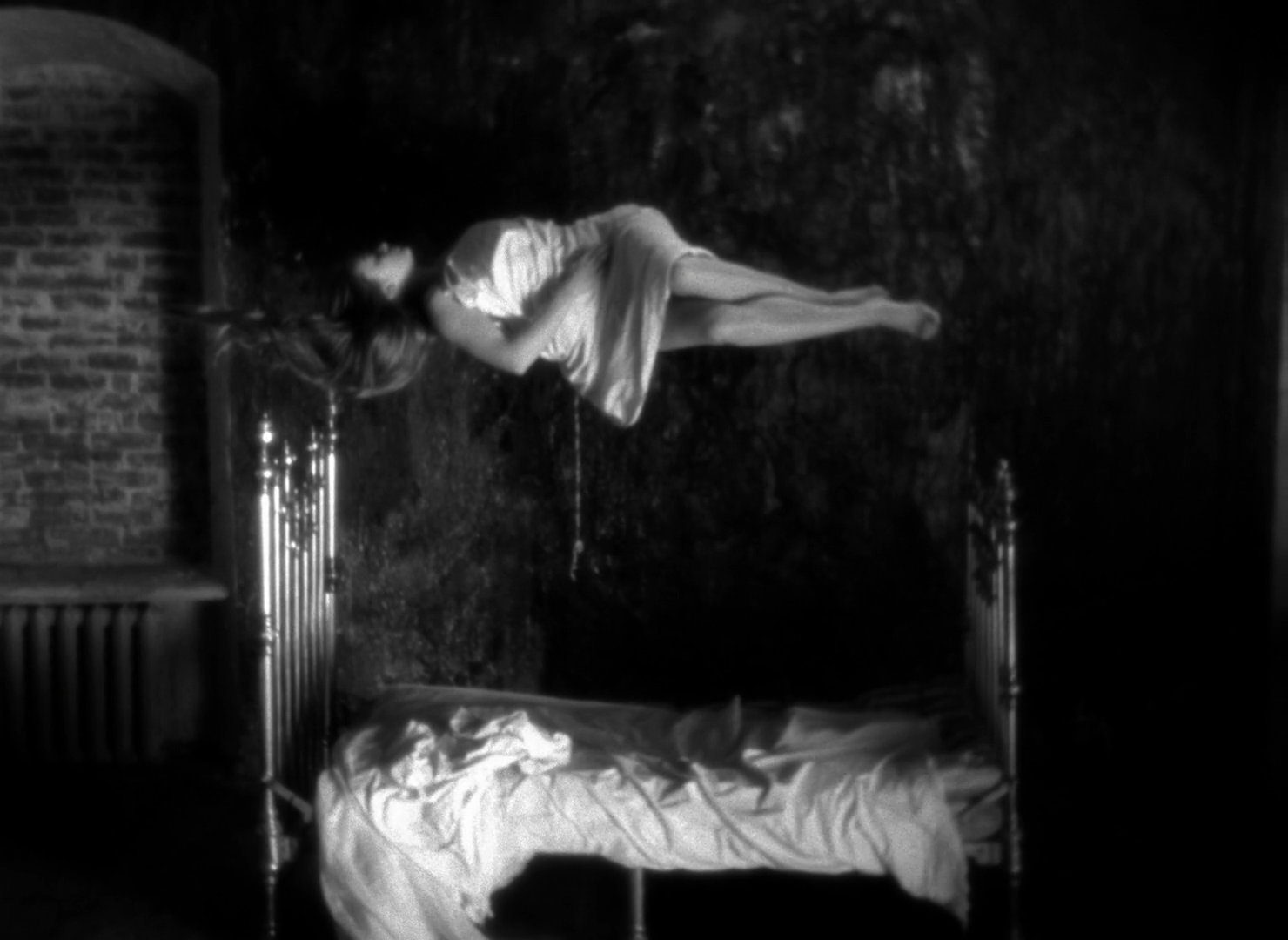Andrei Tarkovsky's Mirror: "Everything will be alright."
Mirror, directed by Andrei Tarkovsky, screenplay by Andrei Tarkovsky and Aleksandr Misharin, cinematography by Georgi Rerberg, music by Eduard Artemev, and edit by Lyudmila Feyginova.
“Before defining art—or any concept—we must answer a far broader question: what’s the meaning of man’s life on Earth? Maybe we are here to enhance ourselves spiritually. If our life tends to this spiritual enrichment, then art is a means to get there. This, of course, in accordance with my definition of life. Art should help man in this process.” Art should help mankind in this process that Tarkovsky describes as spiritual enrichment. One of the gifts of art is its ability to present meaning to our experience of life. That is to say, art should help mankind rise toward the actualization of our best selves. As Tarkovsky writes in Sculpting in Time, “Art is a meta-language, with the help of which people try to communicate with one another; to impart information about themselves and assimilate the experience of others. Again, this has not to do with practical advantage but with realizing the idea of love, the meaning of which is in sacrifice: the very antithesis of pragmatism.”
Film Technique: The Mirror Shot in Andrei Tarkovsky's Mirror
Mirror, directed by Andrei Tarkovsky, screenplay by Andrei Tarkovsky and Aleksandr Misharin, cinematography by Georgi Rerberg, music by Eduard Artemev, and edit by Lyudmila Feyginova.
"Mirrors are the essence of movies." When we reflect on Andrei Tarkovsky's poetic direction of film language, we can not help but think Tarkovsky would agree with Nicolas Roeg's statement on the use of mirrors in filmmaking. The mirror shot carries the essence of the frame within a frame technique and the feel of the mise-en-abyme, as in the metaphysical meaning manifested by the story within a story technique found in literature and that translates into the visual arts to great effect. Call to mind Gabriel Garcia Marquez's One Hundred Years of Solitude in literature. In painting, think of Las Meninas by Diego Velázquez. In cinema, consider Orson Welles' Citizen Kane and The Lady from Shanghai. The mirror is an impactful tool for artistic expression. In the hands of a filmmaker who emphasizes the effective use of film language, the mirror furthers visual, emotional, and psychological depth, and in the hands of a filmmaker like Andrei Tarkovsky, it furthers poetic depth, as seen in his masterpiece Mirror. The mirror shot is a shot of intimacy that allows a narrative to connect with an audience in terms of contemplation, discovery, desire, identity, memory, persona and truth, and much more.
Filmmaking Wisdom from Andrei Tarkovsky
Filmmaking Wisdom from Andrei Tarkovsky
Andrei Tarkovsky's Mirror: "I Love You."
Mirror, directed by Andrei Tarkovsky, screenplay by Andrei Tarkovsky and Aleksandr Misharin, cinematography by Georgi Rerberg, music by Eduard Artemev, and edit by Lyudmila Feyginova.
“Why do I so frequently include a levitation scene, a body rising up? Simply because the scene has a great power. This way things can be created that are more cinematic, more photogenic. When I imagine a person suspended in mid-air, it pleases me. I find myself filled with emotion. If some fool asks me why in my last film people float up in the air, I would say: ‘It’s magic.’ If the same question came from someone with a more acute intelligence and poetic sensibility, I would respond that for these characters love was not the same thing as it was for the author of Betty Blue. For me, love is the supreme manifestation of mutual understanding, and this can not be represented by the sexual act. Everybody says that if there is no ‘love’ in a film, it is because of censorship. In reality it is not ‘love’ that’s shown on screen but the sexual act. The sexual act is for everyone, for every couple, something unique. When it is put into films, it’s the opposite.” Love for Tarkovsky brings meaning to our human existence. The act of love in his films go beyond the sexual act, and hence, he restrains from depicting the physicality of the sex scene and utilizes levitation scenes as poetic expressions of love. True lovemaking is levitating. True love defies gravity.
Andrei Tarkovsky: Sacrifice Yourself to the Art
“Self-Portrait Polaroid” by Andrei Tarkovsky.
"Cinema uses your life." For Andrei Tarkovsky, cinema is life. His thought that the art form makes use of your life is reflected in his films. Nostalghia follows the story of a Russian poet in Italy as his research into the life of an 18th century composer blends with nostalgic meditations on his life and homeland. Mirror is a cinematic stream of consciousness reflection that draws heavily on the director's personal life. The artistry that shines on screen is also reflective of cinema being life for Tarkovsky. Collaborators speak of his determined focus on set and his drive and commitment toward his filmmaking. This leads to the insight he offers to filmmakers, insight that is useful to all artists. "You should sacrifice yourself to the art." Immersing yourself in the process—in both the artistic act and career journey—is the key to creating a fulfilling creative life.
